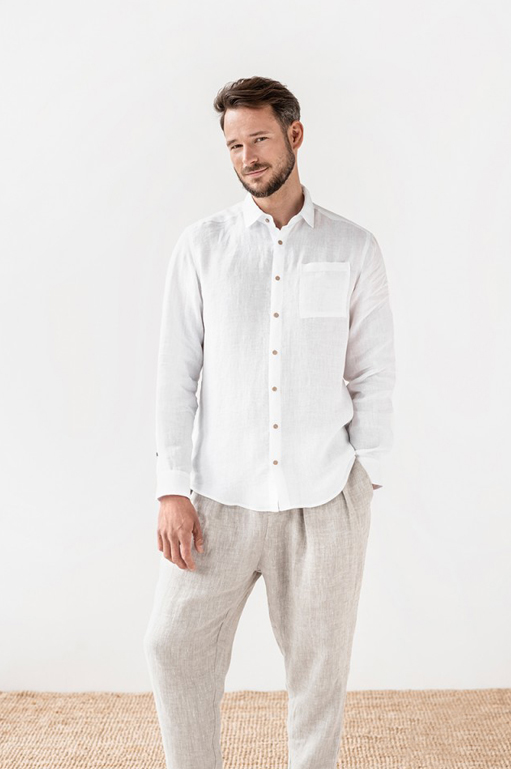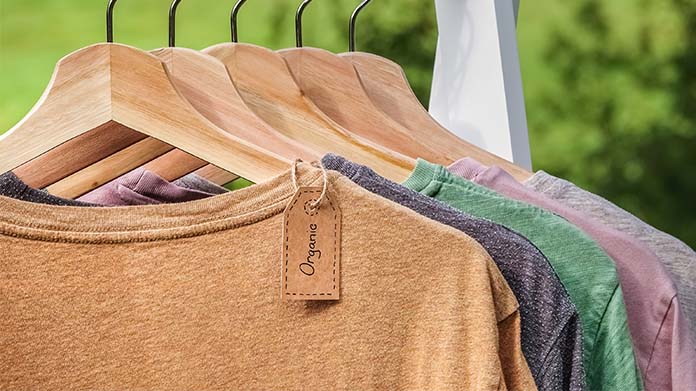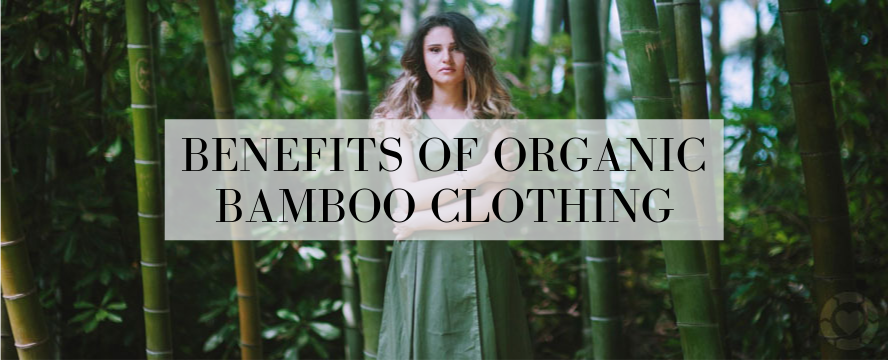Great Info To Deciding On Bamboo Clothes
Wiki Article
What Makes Hemp Durable And Stronger, As Well As More Regenerative?
Hemp, due to its natural properties and the method of growing it, is considered to be more durable and sustainable than cotton. Here's why- Biodegradability-
Natural Fiber - Hemp is made of a natural plant fibre, which is biodegradable. Clothing and textiles from hemp naturally decompose when discarded. They return to the environment, leaving no permanent remnants. This contrasts with synthetic fibres such as polyamide, which degrade over a period of hundreds of years.
Hemp Textiles Lack Synthetic Additives They do not contain synthetic additives. Hemp fibers generally don't contain synthetic additives. Contrary to cotton textiles which might have synthetic chemicals (such as dyes or finishers) that could hinder biodegradation, hemp textiles do not.
Durability-
Hemp is renowned for its durability and strength. Hemp textiles, clothing, and other items are more robust than cotton. This means that hemp clothing will last longer, even before showing indications of wear and wear and tear.
Hemp fabric is less prone to pilling than cotton. This characteristic helps to improve their overall quality and longevity.
Regenerative Agriculture-
Soil Health- Hemp cultivation has regenerative properties when it is done sustainably. Hemp has an extensive root system which helps to prevent soil erosion and compaction, and it can increase soil health by opening up the soil and enhancing the activity of microbes. This aspect of regenerative can leave the land in a better state for the future growth.
Low environmental impact Sustainable hemp farming practices employ a minimal use of herbicides and pesticides which minimizes the damage to the environment. Contrary to traditional cotton farming could lead to the degradation of soils and pollution of water because of its dependence on synthetic chemicals.
Water Efficiency-
Hemp is a plant that requires less water than cotton. The drought-resistant quality of hemp lets it grow even in conditions of low water or rain. It's a water-efficient choice particularly for areas that are resource-limited.
Hemp can be easily incorporated in crop rotations to improve the health of soil. It may also lower the risk for disease accumulation and soil depletion. Crop rotation isn't as prevalent in the traditional cotton farming.
Hemp's versatility lets it be utilized in a variety of applications like clothing, textiles, paper and building materials. Hemp is grown in numerous ways such as renewable and sustainable.
While hemp does offer many benefits, it's also important to know that both cotton and hemp can be produced sustainably or not, depending on the farming practices used and the processing methods used. Select hemp products that are produced using ethical, sustainable practices in order to reap the maximum environmental benefits. Making the choice to buy organic cotton will also help mitigate the environmental impacts of conventional cotton production. Check out the most popular hemp clothing hints for more recommendations including hemp cotton fabric, nomad hemp clothing, hemp apparel fabric, hemp and cotton fabric, hemp clothing womens, nomad hemp wear, organic hemp fabric, 100 hemp t shirt, hemp dress, hemp underwear and more.

What Is The Hemp-Based Clothing's Performance With Other Fibres In Terms Of Function And Quality?
Hemp clothing comes with a number of advantages with regard to functionality and technological advancement over traditional fabrics, as well being more sustainable. Here are some ways hemp clothing could be an eco-friendly, high-performance alternative.
Hemp fibers have a superior capacity for wicking and are extremely air-tight, which means that hemp clothing is comfortable under any conditions. They assist in wicking the moisture away from your body. This can keep you dry and cool and less prone to smells and bacteria.
Temperature Regulation
Hemp clothing has excellent thermoregulatory abilities. It keeps you warm during cold temperatures by trapping heat close to the body. In warm conditions, it assists you to stay cool by allowing humidity and heat to be able to escape. This natural regulation of temperature will reduce the need to change your clothes frequently.
Durability-
Hemp is renowned for its durability. Hemp clothing is said to be more durable and durable than other traditional fibers like cotton. This means hemp clothing can last longer. It also means fewer requirement for regular replacements.
UV Protection
Hemp fibers shield the skin from UV radiation and provide natural UV protection. This is especially beneficial for outdoor activities and sports.
Biodegradability:
Hemp clothing biodegrades with time, meaning it will break down when it is disposed of. This reduces the pollution caused by textiles since synthetic fibers are able to persist in landfills.
Low Environmental Impact
Hemp cultivation typically requires fewer synthetic herbicides and pesticides when in comparison to cotton grown conventionally. It also requires less water, which makes it an eco-friendly choice. Organic hemp farming further enhances the environmental benefits.
Carbon Sequestration
Hemp plants can absorb carbon dioxide from the air during their growth. Hemp cultivation functions as an absorber for carbon dioxide which reduces greenhouse gas emissions.
Crop rotation and sustainability
Hemp can be easily incorporated into crop-rotation systems to improve overall soil health. It also decreases the chance of soil depletion or disease accumulation. This method of sustainable farming can help reduce environmental impacts.
Versatility:
Hemp fibers can be mixed with other materials, such as organic cotton or recycled polyester, to create eco-friendly, high-performance blends of fabrics. This versatility allows for the development of innovative and sustainable textiles.
Low Toxicity
Hemp fibers are naturally low in toxicity. They do not require a lot of chemical processing during manufacturing, reducing the environmental impacts of the production of textiles.
In addition to hemp's many ecological and functional benefits, it's important to keep in mind that sustainability of clothes can be impacted by other factors like dyeing techniques transport, ethical labor practices. If you're looking to make an the right choice for the environment seek out clothing brands that prioritize sustainability and transparency when using hemp fibers as well as other environmentally-friendly materials in their clothing. See the best your input here on hemp clothing for website examples including womens hemp clothing, hemp coat, hemp coat, patagonia ranch jacket, hemp yoga clothes, patagonia hemp shorts, hemp fleece fabric, 100 hemp clothing, hemp denim, hemp baja hoodie and more.

What are the differences between bamboo and hemp fibers?
Both bamboo and hemp fibers are plant-based fibres used to create textiles. Each has distinctive characteristic and properties. Here are a few of the major distinctions between bamboo and hemp fibre- 1. Plant Source-
Hemp- Hemp is derived from the hemp stalks. Specifically the basts on the outside. Hemp is an adaptable and quick-growing crop that has been used in a variety of ways over the years.
Bamboo fibers are made from bamboo pulp. Bamboo is known as a species of grass with rapid growth as well as for its capacity to regenerate rapidly.
2. Fiber Characteristics
Hemp- Hemp fibers are well-known for their durability and strength. Hemp fibers are among the most durable natural fibers that soften after each wash which makes them ideal for textiles that last a long time.
Bamboo- Bamboo fibres are silky soft with a smooth texture. These fibers may be softer and less durable than hemp, but they are valued for their ease of use.
3. Texture-
Hemp fabric is somewhat coarse and has a textured texture. This is evident in its raw state. It's soft, but it has a distinct feel compared to bamboo.
Bamboo is soft and silky smooth. It's described as having a silky, cottony feel. It is extremely comfortable.
4. Breathability (and moisture-wicking)-
Hemp- Hemp fibers are naturally air-tight and moisture-wicking, which allows the circulation of air and absorption of moisture. They can keep you cool and dry in hot weather.
Bamboo fibers are also able to wick away water and are extremely air-tight. Micro-gaps inside the fabric improve the fabric's ability to regulate humidity and temperature, allowing you to stay at ease in all conditions.
5. Environmental Impact-
Hemp Hemp is considered an eco friendly fiber, because of its rapid growth, minimal water requirements as well as its resistance to insect bites, which makes it less important to apply pesticides. Hemp can also capture carbon in its growing process.
Bamboo- Bamboo is famous for its long-lasting nature. It is fast growing, requires only a small amount of water, and can be grown without chemical herbicides or pesticides. Some bamboo varieties, like Moso bamboo, are extremely ecological.
6. Processing-
Hemp- Hemp fibres need an extensive process to separate the inner bast fibers from the woody core inside. Processing may include retting or decortication, as well as mechanical separation.
Bamboo fibres- Bamboo fibres are usually obtained by an enzymatic process known as the viscose or rayon process. This involves chemically cutting down bamboo pulp. If it is not managed properly this process can be harmful to the environment. However some bamboo fabrics make use of closed loop systems to reduce the amount of waste.
7. Versatility-
Hemp- Hemp can be utilized to create a variety of products, such as clothing, textiles paper and other building materials.
Bamboo Fibers Bamboo fibers have been used for clothing, textiles and other products.
In sum, both hemp and bamboo have distinct qualities and sustainability benefits. The choice between them depends on the specific characteristics and characteristics you want in a textile item and your preferences for the environment. Read the recommended funny post on bamboo clothes for site tips including preemie bamboo pajamas, checkered bamboo pajamas, bamboo clothing brand, bamboo brand jeans, dixxon bamboo shirt, carter's bamboo pajamas, bamboo fishing shirts, women's freefly apparel, kyte pajama, bamboo cotton t shirts and more.
